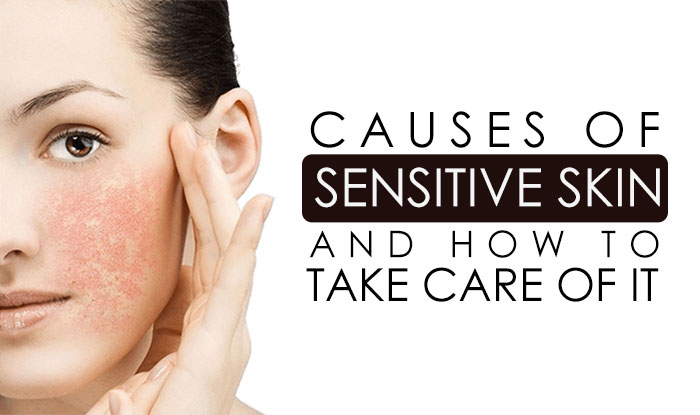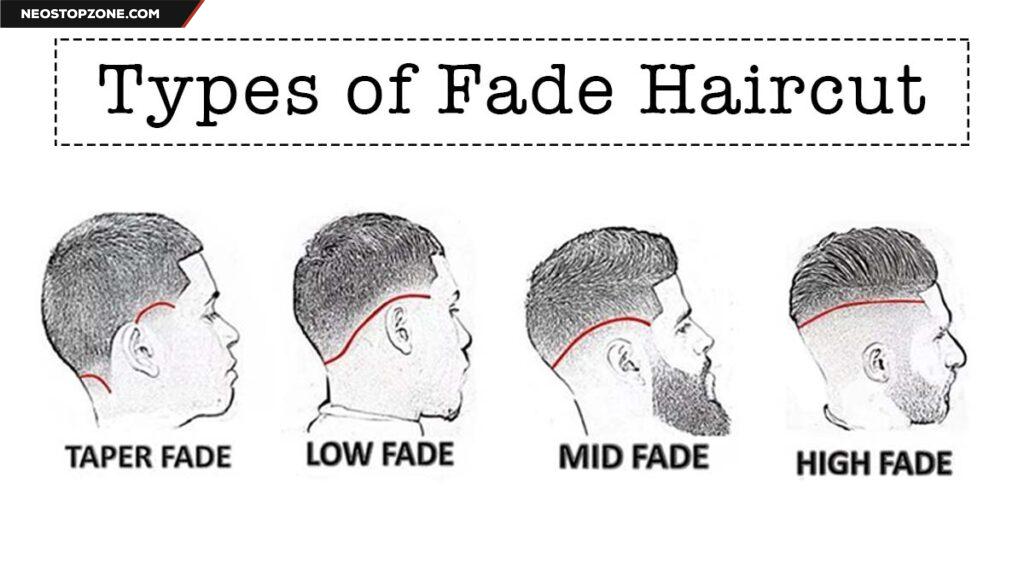Sensitive skin is a standard-issue however not a medical analysis in itself. The term usually refers to skin that’s extra vulnerable to inflammation or hostile reactions.
People with sensitive skin might have robust reactions to chemical substances, dyes, and fragrances present in products that come into contact with the skin. They could additionally get rashes or irritation from clothing or friction.
In lots of circumstances, sensitive skin is a symptom of an underlying condition. Finding methods to avoid potential triggers and soothe irritated skin might assist people with sensitive skin find aid and enhance their quality of life
Treatment of Sensitive Skin
Treating sensitive skin usually involves discovering and eliminating any triggers, in addition to using home treatments or prescription medicines to deal with symptoms:
Medical treatments
Relying on the cause of sensitive skin and the accompanying symptoms, doctors might prescribe a number of different medicines.
- Steroid creams: Both over-the-counter (OTC) and prescription-strength steroid creams, similar to hydrocortisone, may assist relieve irritation and itchiness. People shouldn’t use them on the face.
- Analgesic creams: Numbing creams could assist reduce itchiness, which may make the individual much less likely to scratch or irritate the area.
- Antihistamines: Taking an oral antihistamine, similar to diphenhydramine (Benadryl), might assist with some allergic reactions.
- Protective sunscreen: Broad-spectrum sunscreen with a sun protection factor (SPF) of 30 or larger might help protect sensitive skin from ultraviolet (UV) rays.
Home remedies and prevention
Some home treatments might also assist deal with or stop sensitive skin symptoms
Moisturizers
Hypoallergenic moisturizers and lotions might reduce dryness without irritating sensitive skin. Some substances may fit higher, relying on the type of sensitivity.
For example, the American Academy of Dermatology notices that people with very dry skin may reply effectively to certain substances, similar to urea or lactic acid.
Some simple oils, similar to shea butter or coconut oil, may fit nicely for others. It’s always necessary to check the product on a small area of skin before making use of it on the rest of the affected skin.
Oatmeal
Oats could also be particularly useful for people with sensitive skin. making use of colloidal oatmeal to the skin helped with symptoms similar to rashes, dry skin, and eczema.
It’s efficient because it improves the skin’s barrier fairly than simply treating the symptoms. Making use of a colloidal oatmeal paste to sensitive skin may assist in handling symptoms.
Other ideas
People with sensitive skin might also be capable to reduce symptoms by:
- taking shorter showers and baths that last lower than 10 minutes
- avoiding utilizing very hot water for bathing and washing the fingers
- avoiding harsh fragrances, detergents, or different chemical substances
- utilizing fragrance-free, hypoallergenic products, similar to soaps, deodorant, and detergent
- avoiding harsh chemical cleaners
- patting rather than rubbing the body dry
- testing new products on a small area of skin before applying them to extra intensive areas
Keeping a journal of the products that you use every day might also assist an individual to identify any potential triggers of symptoms on their skin. If the individual finds an offending product, they need to stop utilizing it and take it to their dermatologist to undergo testing for allergies.
Causes of Sensitive Skin
In lots of cases, having sensitive skin is usually not a cause for severe concern, because it likely stems from a minor skin situation or different points within the skin itself.
Natural disposition
Typically, an individual might have sensitive skin with no underlying health situation. In this case, their skin will turn irritated more easily.
Many experience irritation after exposure to:
- daylight
- heavy winds
- very chilly temperatures
- very hot temperatures
Moreover, an individual with sensitive skin could also be more prone to reactions to skincare products, make-up, or certain kinds of clothes.
The symptoms of sensitive or reactive skin might seem in quite a few methods, including:
- rashes or hives
- patches of redness
- breaking out
- stinging or burning sensations, with or without noticeable changes within the skin
- sunburns
Contact dermatitis
Contact dermatitis refers to skin reactions that seem after touching one thing. The skin might turn into red, swollen, and itchy. In some circumstances, it might turn into very dry and crack, and blisters could even form.
Allergic reaction
Allergic dermatitis is a type of contact dermatitis. It happens when the skin has an allergic response to a substance that comes into contact with it. Frequent causes of reactions include:
- nickel and jewelry produced from metals containing nickel
- fragrances
- latex in gloves or different products
- dyes and coloring
- chemical substances in hair, skin, or beauty products
- reactions to certain vegetation, similar to poison ivy, poison oak, or stinging nettle
Symptoms might include:
- redness with or without swelling
- rashes or hives
- dry, flaky skin
- blisters or cracked, oozing skin
- darkish, leathery patches of skin
Symptoms might clear up on their very own if the person eliminates the offending product. Anybody having issues figuring out products that trigger symptoms should see a dermatologist.
Dry skin
An individual with dry skin might also have sensitive skin. The skin tends to turn into more sensitive because it loses the protecting moisture and fats that maintain the skin from drying out.
Dry skin could also be more likely to appear in areas that have exposure to the weather, such as the hands, face, and arms.
Taking steps to maintain moisture within the skin might assist maintain it from drying out. Utilizing moisturizing lotions and facial lotions day by day might assist stop symptoms.
Eczema
Eczema, or atopic dermatitis, is a situation that usually causes dry, itchy patches of skin to appear, although symptoms differ from individual to individual.
Rosacea
People with rosacea might have red skin and visible blood vessels, usually within the face. In some people, the skin might develop a rash of small, pus crammed bumps.
Photodermatoses
Photodermatoses is an irregular reaction to daylight throughout the skin itself. In people with this situation, the UV rays in sunlight might trigger the person’s sensitive immune system, inflicting a reaction within the skin.
A reaction to sunlight in somebody with photodermatoses may trigger a rash, blisters, or scaly patches to appear on exposed skin. The response will get worse the longer the sunlight touches the skin.
Pores and skin scratch clothes, a hat, and even hair covers will seemingly not present symptoms.
When to see a doctor
Whereas remedies could help soothe irritation and different symptoms of sensitive skin, one of the simplest ways to seek out the source of the sensitivity is to see a dermatologist.
Dermatologists can check the skin and examine for any potential allergic reactions or underlying conditions. Understanding the reason for the symptoms typically makes them simpler to treat.
Though it’s uncommon, it is also possible for a person to have an extreme allergic response to skincare products and experience anaphylaxis. People should search for emergency medical attention regarding symptoms, including:
- difficulty respiration, wheezing or gasping for breath
- swelling in the face, tongue, or throat
- dizziness or fainting
Summary
Normally, having sensitive skin is just not an indication of a serious skin situation. Some persons are merely more sensitive to products that come into contact with the skin.
In many cases, avoiding harsh chemical substances, perfumes, and different irritating substances in skincare products might help ease symptoms and maintain them away. Modest home remedies might assist soothe rashes or reduce the reactions that people have to those products.
Anybody experiencing persistent or worsening symptoms should see a doctor or dermatologist for testing. There could also be an underlying situation or allergy-causing the reaction. Doctors can also be able to suggest different remedies.



Your article helped me a lot, thanks for the information. I also like your blog theme, can you tell me how you did it?